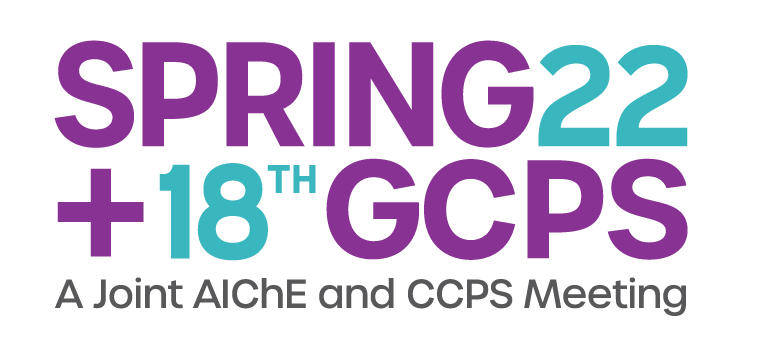

Whenever we change something or perform an act, we have certain expectations
as to the outcome. However, it is possible that there will be consequences that are
unanticipated. Sometimes these are in addition to what was expected, sometimes
instead of what was expected, and sometimes the opposite of what was expected.
An example of this last result is the program the British implemented in India in the
1800s to reduce the number of cobras. They offered a bounty on the snakes,
hoping that the local villagers would kill the snakes and bring them in. Instead, the
villagers started breeding the snakes, and the number of cobras increased. The
unintended consequences can be fortuitous, as in the discovery of the artificial
sweetener, saccharine. More frequently, however, they are negative, sometimes
disastrously so.
One of the purposes of a Management of Change system is to identify possible
negative consequences of changes to PSM and RMP covered processes. It is well
known, though, that most people have a difficult time editing their own work
unless it can be set aside for a time, a luxury not always available in industry. The
purpose of this presentation is to give the audience some tools for identifying
unintended consequences by getting them to view changes from a different
perspective. This is done by the use of examples of unintended consequences, not
all of which come from the processes industries. Examples from such diverse areas
as economics, foods, toys, and politics point out the necessity of looking at
situations and changes from a different point of view.
as to the outcome. However, it is possible that there will be consequences that are
unanticipated. Sometimes these are in addition to what was expected, sometimes
instead of what was expected, and sometimes the opposite of what was expected.
An example of this last result is the program the British implemented in India in the
1800s to reduce the number of cobras. They offered a bounty on the snakes,
hoping that the local villagers would kill the snakes and bring them in. Instead, the
villagers started breeding the snakes, and the number of cobras increased. The
unintended consequences can be fortuitous, as in the discovery of the artificial
sweetener, saccharine. More frequently, however, they are negative, sometimes
disastrously so.
One of the purposes of a Management of Change system is to identify possible
negative consequences of changes to PSM and RMP covered processes. It is well
known, though, that most people have a difficult time editing their own work
unless it can be set aside for a time, a luxury not always available in industry. The
purpose of this presentation is to give the audience some tools for identifying
unintended consequences by getting them to view changes from a different
perspective. This is done by the use of examples of unintended consequences, not
all of which come from the processes industries. Examples from such diverse areas
as economics, foods, toys, and politics point out the necessity of looking at
situations and changes from a different point of view.
Presenter(s)
Once the content has been viewed and you have attested to it, you will be able to download and print a certificate for PDH credits.
If you have already viewed this content,
please click here
to login.
Language
Pricing
Individuals
| AIChE Member Credits | 0.5 |
| AIChE Pro Members | $19.00 |
| Employees of CCPS Member Companies | Free |
| AIChE Graduate Student Members | Free |
| AIChE Undergraduate Student Members | Free |
| AIChE Explorer Members | $29.00 |
| Non-Members | $29.00 |
